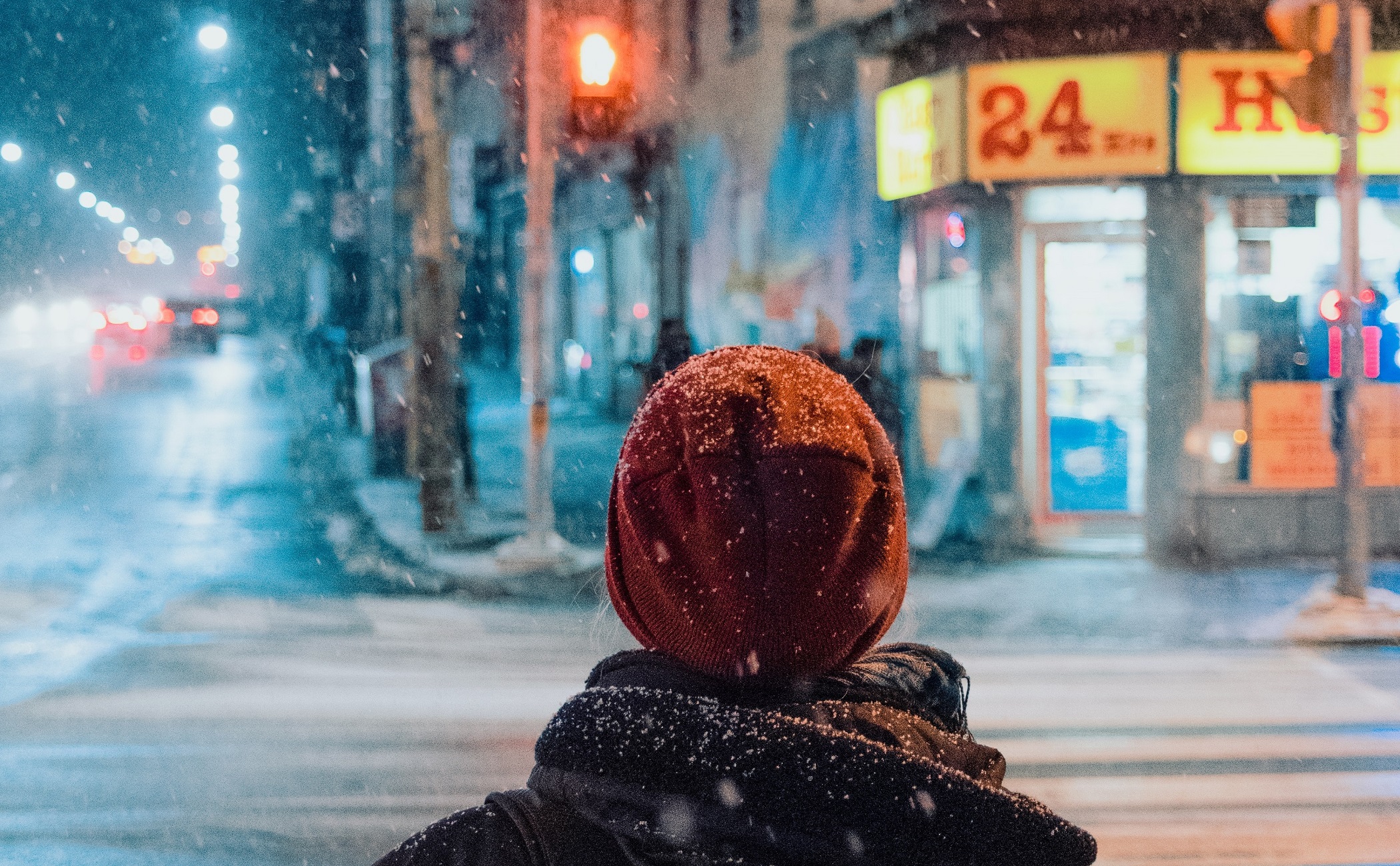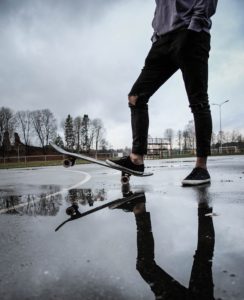
It caused a lot of anxiety, but I moved from Brisbane to Toronto back in the 90s.
I wasn’t sure it was a good idea at the time (and I wasn’t the only one) because I’d been struggling with anxiety and crippling self-doubt about almost every aspect of my life.
Sometimes deciding what to have for breakfast was so hard that I settled for coffee and hoped for things to improve by lunch. It made me difficult to deal with personally and professionally. I became kind of a screw-up and was no fun to be around, but my friends were too polite to tell me so.
One day, I’d had enough, decided to drop what I was doing and move to the other side of the world – to a city where I knew absolutely nobody. And this was in a time before social media, email and when phone calls (land lines) were prohibitively expensive.
I arrived in Toronto in April and thought it was freezing (I learned later that it wasn’t) and as I explored a brand-new city full of strangers, I noticed something very familiar – that gut-wrenching sense of anxiety and doubt I’d become accustomed to in Brisbane.
Only this time … I loved it.
I got very curious. The physical sensations of anxiety were identical and it was definitely stress related but in this new and exciting context with much of my old lifestyle on ice (literally and figuratively) my interpretation of those sensations was different.
This was more like paddling into a wave that was a little bigger than was sensible, pushing over the edge of a black-diamond run on a snowboard or skateboarding in the rain.
 I couldn’t be sure how it was going to turn out, but that was part of what made it enjoyable.
I couldn’t be sure how it was going to turn out, but that was part of what made it enjoyable.
I became very, very interested – can we learn to re-interpret things like this – even stressful things? Who might know?
I started at the Zen centre and also tried psychology-based interventions, yoga. I looked around and found an array of ideas and approaches that ranged from the logical to the just plain weird.
Eventually I stumbled on the Tibetan approach (there are a lot of Tibetans in Toronto) and was so surprised at how much it helped all aspects of my life, that once again I dropped what I was doing and moved to the other side of the world, where I knew nobody to learn more.
Only this time it was the Indian Himalayas.
This part is a story for another time, but I spent about six years learning the Tibetan language and spent a lot of time studying, translating and practicing the meditation techniques I learned from them.
Fast forward more than 20 years and I see – time and time again – how relevant this ancient approach is in the 21st century. In fact, I’m in the middle of a PhD researching how these techniques map onto our scientific understanding of stress and emotions.
I often remember those first few weeks in Toronto where I first wondered … can we learn to better approach stress and anxiety.
And the answer is a resounding yes.
People have actually been doing it for thousands of years and we have a lot of research into how stress and anxiety works. We’re also understanding more and more how and why these ancient techniques are so effective at reducing them.
You live in a time where the very best of modern research and ancient wisdom are available to you. Right where you are – you don’t even have to leave your home, let alone travel around the world.
That’s why I developed The Beyond Mindfulness Method. To distill some of the best tools ancient wisdom and modern research have to offer into a manageable 12-week program to help you get out from under overwhelm and start using stress to your advantage
Make no mistake getting on top of stress like this takes a little effort and consistency, but the rewards outweigh the commitment by a long way. If you’re looking for something easy, magic bullet approach, this isn’t for you.
If you think it you’re ready to take back control of your life, set up a short (7-8 minutes) phone call by clicking here OR (if you’re shy) send me an email – corey@coreyjackson.com.au